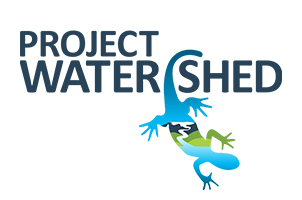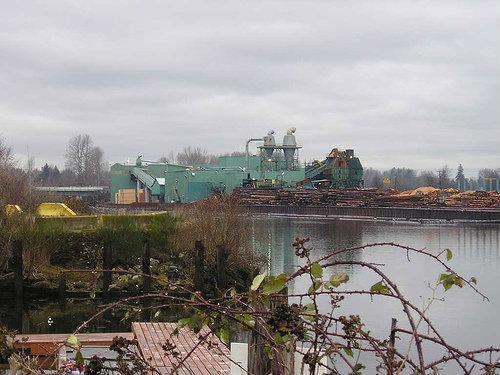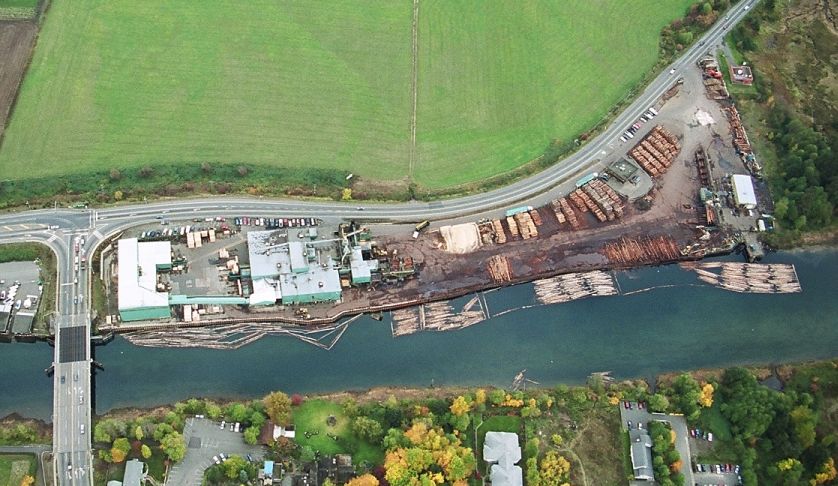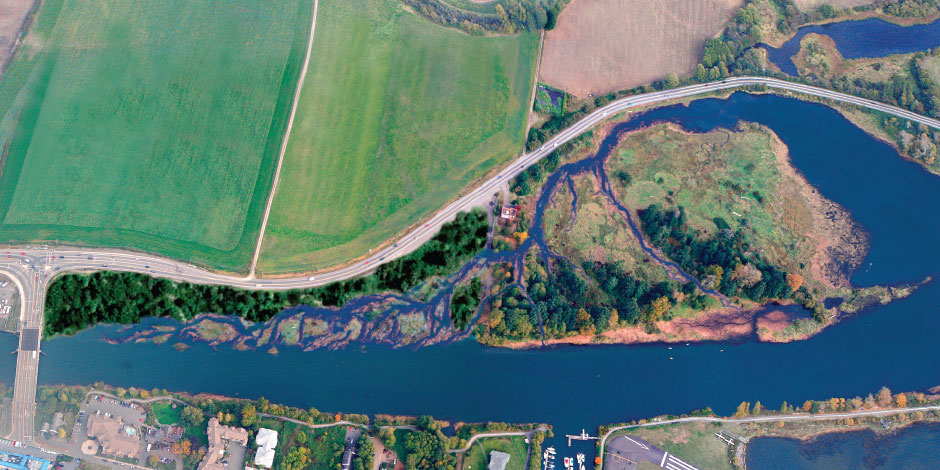Project Watershed has a long history of bringing environmental education to schools and the community at large. We have initiated the following events and programs:
Each school and the Learning Resource Center in the Comox Valley School District 71 was provided a map of their watershed.
To read the report go to the link below:
~ Estuary Residents Survey Report
Landowner Contact – specifically created to educate landowners living by streams and creeks about how they can become stewards for these environments.
Streamkeeping & Wetlandkeeping Courses for adults are offered
This committee has primary responsibility for developing the educational and outreach purpose of Project Watershed. Working with the three public systems (K-12, College and Elder College) and involvement in community stewardship activities such as disseminating information about local watersheds, building partner relationships with other organizations to raise awareness, and organizing public awareness events.
We welcome the volunteer involvement of retired teachers, college instructors, university faculty or anyone who has appropriate local expertise. Please contact:
Dr. Betty Donaldson , Chair
email: edonalds@ucalgary.ca.
The Water for Life Benefit Concert
Aired on Global TV on Saturday, June 25 at 7 p.m. Highlighting an evening of inspirational stories, music, and images from BC and around the world was renowned conservationist Mark Angelo as well as musical guests Holly Arntzen and Kevin Wright. Proceeds raised from the event, which took place in April, 2011, will go to the Nature Trust of BC and the African water relief efforts of WaterCan.Water for Life Benefit Concert
WildED, the BC Spaces for Nature Wilderness Education Program
WildED is an award winning, experiential, nature education program that is BC curriculum-linked for students in grades 4 – 12. WildED programs focus on reconnecting young people with nature so they can experience, know and understand the value of nature as well as its critical role in the health and sustainability of our communities
Teachers – Links to environmental education resources
Resources – Maps, reports, information and services created by Project Watershed
Go home or view more of our portfolio.
Education and Outreach
The Fields family retired the mill in 1969 selling it to Errol Zinck and Bill Phillips, two employees at the time (“A Look Back into The History of The Comox Valley, Field’s Sawmill”, 2013).
In the 1970’s, the mill owners were filling the marsh area between Courtenay River and Comox Rd, with an assortment of chips, oil cans and wire etc. Concerned residents stopped this and the landfilling was halted. In 1974, the Provincial NDP government paid $95,850 for 25.5 acres to prevent the owners at the time from destroying what is now called Hollyhock Marsh, reports Betty Donaldson (2010).
The owners of the mill sold it to Peter Gregory of Gregory Manufacturing Ltd. in 1973. Gregory then sold the mill to Primex Forest Products. The mill at that time was cutting and selling lumber (yellow) cedar to both the American and the Japanese markets. In the 1970s, the operation employed over 100 people and, at its peak 160.
In 2000, Primex started facing economic problems and began employee lay-offs. In 2001 Interfor bought out Primex and acquired the Fields Sawmill. The Mill experienced hard times again in 2003 – 2004. The mill closed often and in 2003 it operated at a loss of $8 million. The mill was decommissioned and closed officially in 2006.
In 2006, Interfor demolished the mill, auctioned off the equipment, and paid out severance to its employees. At this time, reclamation of the site was also undertaken to safely remove and dispose of industrial toxins. A number of test wells were drilled to determine the quantity and nature of toxic materials in the soils. Concrete was broken up, and toxic soils were excavated and removed from the site. The holes were backfilled with clean soils and the wells tested again to verify the site was reclaimed. The Province issued a Certificate of Compliance, verifying that the site now meets the highest standards.
The property was offered for sale in 2008.
Despite several offers to purchase, Interfor has chosen to work with Project Watershed and the larger community to achieve a conservation vision for the property.
Related Posts
Mallard Creek Restoration Update for 2024
Restoration work in Mallard Creek will continue this year, including invasive removal, restoring connectivity, and trial planting of a new riparian species. Volunteer events starting in September 2024.
Volunteer at Kus-kus-sum Chamber of Commerce Event
We are showing Kus-kus-sum off to businesses in the Valley through a Chamber Business to Business event. We are looking for a few volunteers to assist with this event.
Coastal Plant Monitoring
Get involved with our new vegetation community science monitoring program!
Spring Field Trips
Throughout May and June Project Watershed will be taking elementary school classes out on field trips to learn about estuary and coastal ecology and to assist with planting and plant maintenance.
Working Together to Identify Forage Fish Spawning Beaches
This year marks the 5th year of a partnership between Comox Valley Project Watershed Society and North Island College on a long-term study to examine intertidal spawning habitats of forage fish in the northern Salish Sea.
Glen Urquhart Update – Spring 2024
Latest news from Glen Urquhart restoration progress for spring 2024.





